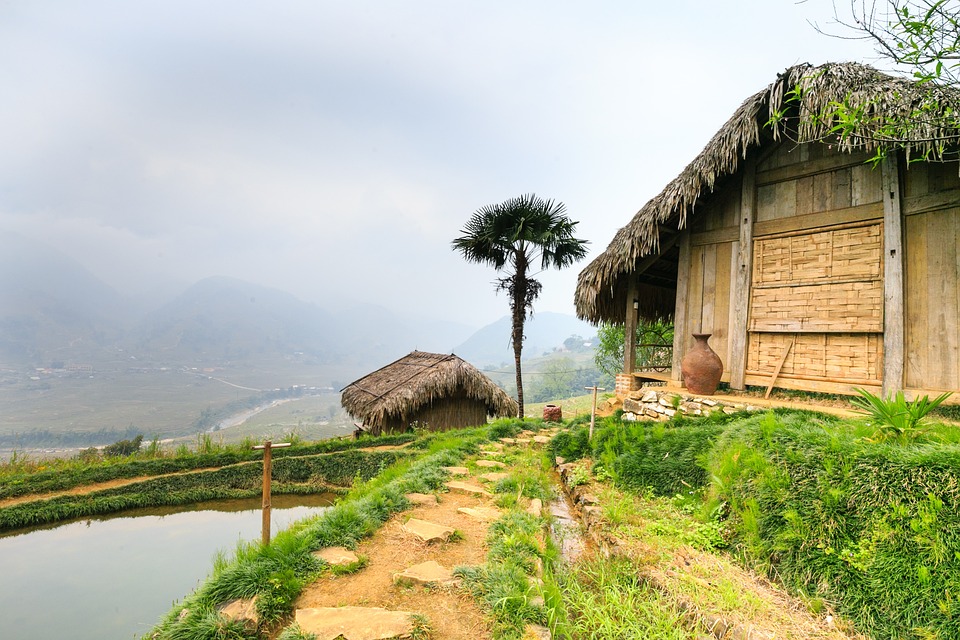Sustainable Farming: Preserving the Environment for Future Generations
Living off the grid has been an incredible experience for me. It has taught me the importance of living in harmony with nature and prioritizing sustainable practices in everything I do. One of the most rewarding aspects of living off the grid for me has been sustainable farming and gardening. The ability to grow my own food using environmentally-friendly methods has not only allowed me to become more self-sufficient, but it has also given me a deep appreciation for the Earth and its resources. Sustainable farming is more than just a way of growing food, it’s a way of life that preserves the environment for future generations.
What is Sustainable Farming?
Sustainable farming, also known as sustainable agriculture, is a method of farming that focuses on producing food in a way that is environmentally friendly, socially responsible, and economically viable. This approach to farming prioritizes the long-term health of the soil, water, and air, as well as the well-being of farm workers, their communities, and animals. Sustainable farming practices strive to minimize the use of synthetic inputs such as pesticides and fertilizers, reduce energy consumption, and promote biodiversity.
Why is Sustainable Farming Important?
The current industrial farming practices have led to environmental degradation, soil erosion, water pollution, and loss of biodiversity. The heavy use of chemical fertilizers and pesticides has also led to a decline in soil health, which is essential for the long-term productivity of the land. Sustainable farming addresses these issues by using methods that promote soil health, conserve water, and protect the ecosystem. By prioritizing sustainable farming, we can preserve the environment for future generations and ensure that we have a healthy planet to live on.
Sustainable Farming Practices to Adopt
There are many sustainable farming practices that you can adopt to preserve the environment while growing your own food. Some of these practices include:
1. Organic Farming: Organic farming focuses on using natural fertilizers such as compost, manure, and crop rotation to build healthy soil and control pests. By avoiding synthetic pesticides and fertilizers, organic farming reduces chemical pollution and promotes biodiversity.
2. Permaculture: Permaculture is a design system that seeks to integrate human activities with natural ecosystems to create sustainable, self-sufficient environments. This approach to farming focuses on mimicking natural patterns and using regenerative techniques to create productive and resilient landscapes.
3. No-Till Farming: By practicing no-till farming, you can minimize soil erosion, conserve water, and improve soil health. No-till farming involves planting crops without disturbing the soil, which helps to preserve its structure and organic matter.
4. Agroforestry: Agroforestry combines trees and shrubs with crops and livestock to create diverse and sustainable agricultural systems. By integrating trees into farming practices, agroforestry can provide shade, wind protection, and nutrient cycling, while also sequestering carbon and enhancing biodiversity.
Pro Tips for Sustainable Farming
1. Start Small: If you’re new to sustainable farming, it’s best to start small and gradually expand your operations. This will allow you to learn and adapt to sustainable practices without becoming overwhelmed.
2. Embrace Diversity: Embracing diversity in your farming practices can help to create a more resilient and productive system. By planting a variety of crops and creating diverse habitats, you can support a wide range of beneficial organisms and reduce the risk of crop failures.
3. Work with Nature: One of the key principles of sustainable farming is to work with nature rather than against it. By observing and understanding natural patterns and processes, you can design farming systems that are more in harmony with the environment.
In conclusion, sustainable farming is a crucial practice that we should all strive to adopt. By prioritizing environmental preservation and implementing sustainable farming practices, we can ensure a healthier future for the planet and for future generations. Whether you have acres of land or just a small backyard, there are countless ways to incorporate sustainable farming and gardening into your life. Let’s work together to preserve the environment and create a more sustainable food system for all.



